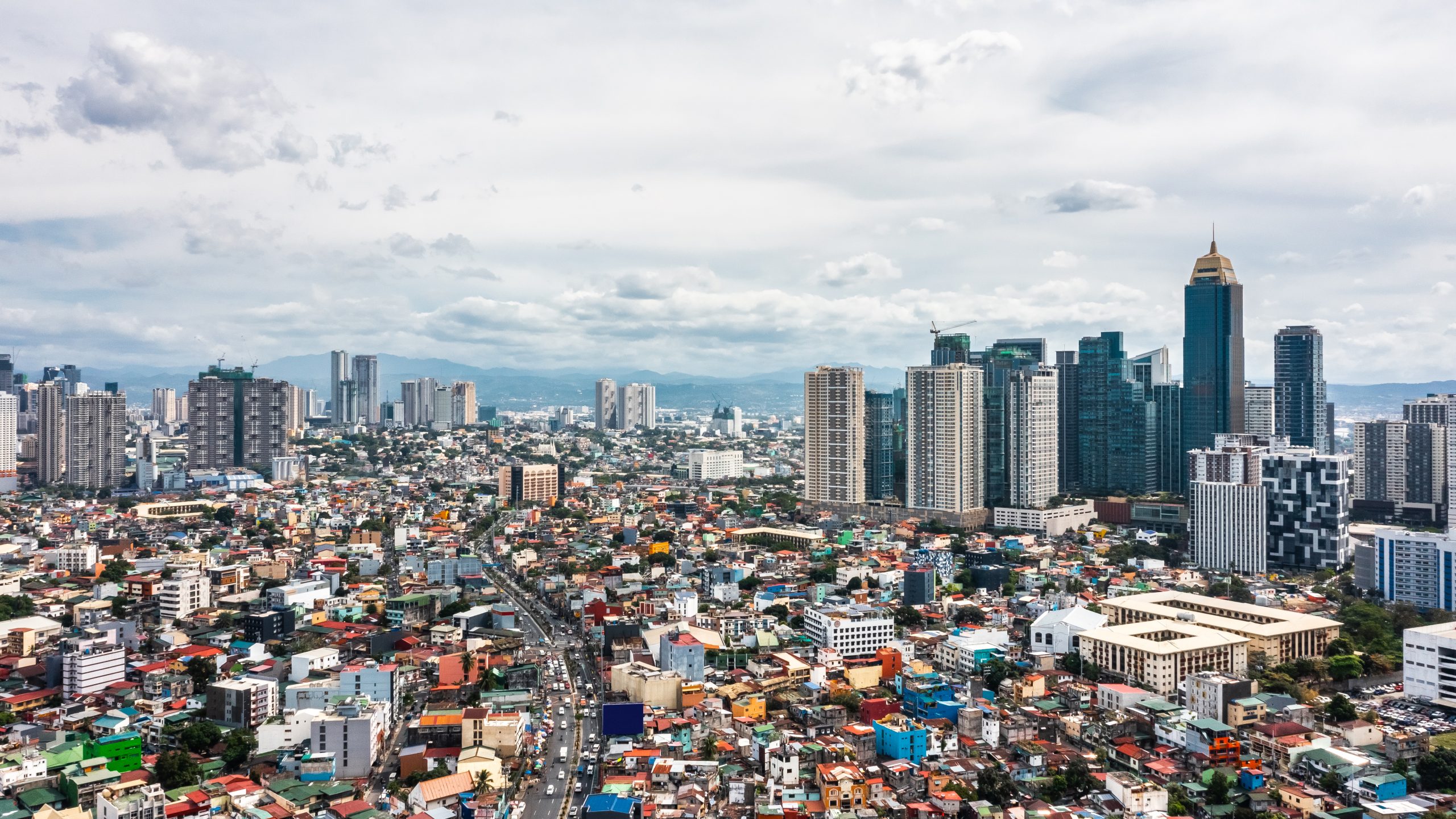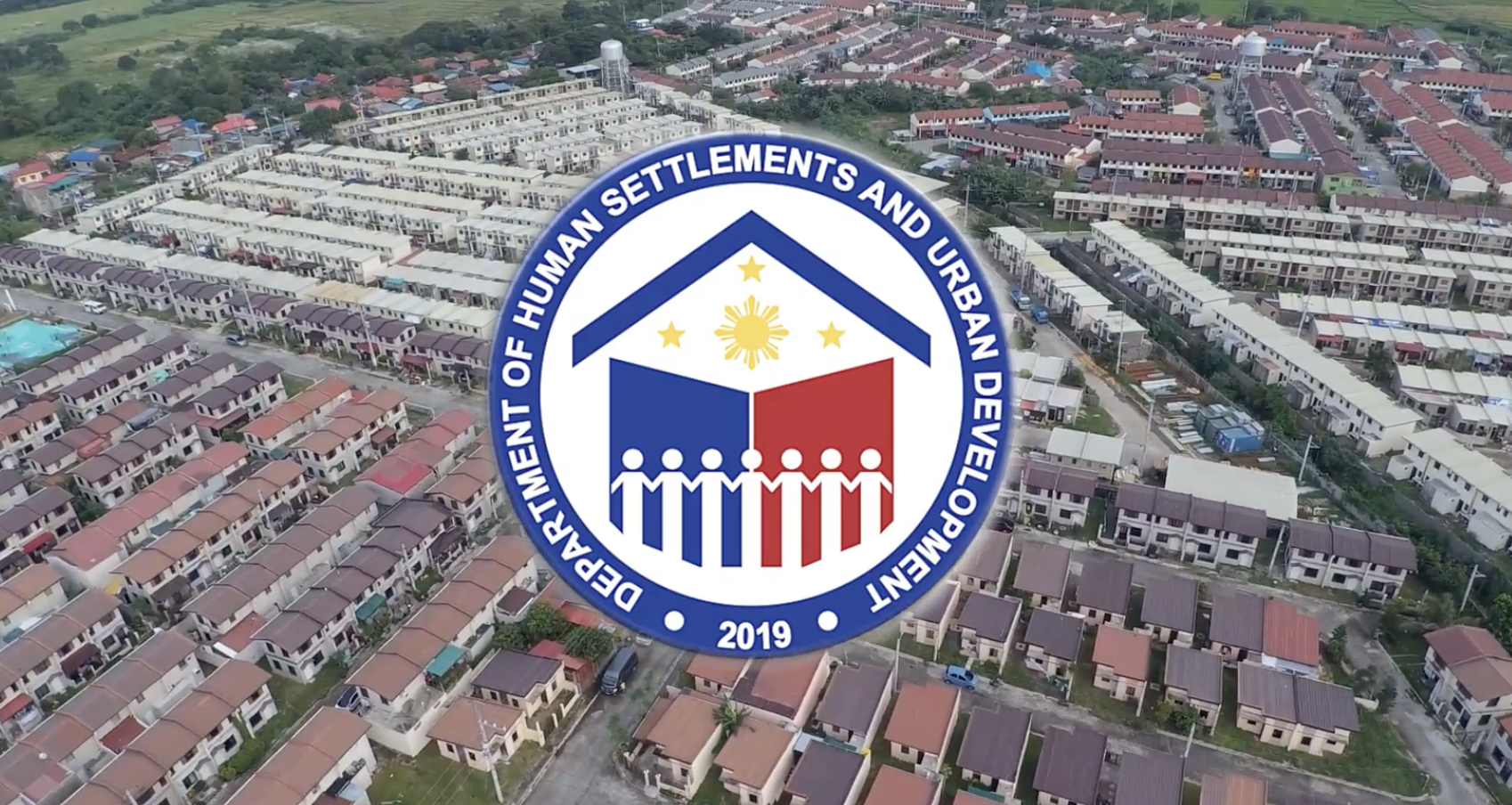Manila City ranks 83rd most expensive city to build in, according to Arcadis’ latest report of International Construction Cost (ICC) 2025. The report looked at what’s happening in global construction sector.
Even though 2024 was expected to be a big year for change, with lots of elections and shifts around the world, things didn’t quite go as planned. While cities in Europe and North America continue to exhibit the highest construction costs, many markets demonstrated signs of stabilization, with inflationary pressures beginning to subside.
However, as 2025 progresses, there is a risk that this recovery may lose momentum. Increased political and economic uncertainty globally prompts a cautious approach from many clients. The report emphasizes that despite this hesitation, continued development remains essential to address the needs of a growing population and a rapidly evolving economy. Delays in critical projects could lead to missed opportunities for favorable and profitable development.
While certain sectors, such as data centers, continue to experience robust growth, many other construction sectors exhibit a more reserved sentiment. Elevated financing costs, together with persistent economic uncertainty, and the lasting impact of the pandemic on space utilization contribute to a challenging development environment. Furthermore, the imposition of new tariffs and other trade barriers could exacerbate these issues, potentially impeding growth and contributing to challenges such as housing crises and deficiencies in essential services like healthcare and education.
Manila’s Position in the Global Cost Index
With data gathered from the first quarter of 2025. The report surveyed 100 cities worldwide, providing a comparative analysis of construction costs. Notably, Manila is ranked #83 in terms of construction expenses. This positioning suggests that while construction in Manila is not among the least expensive globally, it offers a more competitive cost profile compared to several other major international cities.
For context, other prominent Asian cities included in the rankings are:
- Tokyo: #31
- Melbourne: #57
- Seoul: #72
- Bangkok: #84
- Beijing: #85
- Shanghai: #86
- Jakarta: #90
- Ho Chi Minh City: #95
- Kuala Lumpur: #98
This comparative data indicates that Manila’s construction costs are generally more favorable than those in cities such as Tokyo, Melbourne, or Seoul.
Implications for the Philippine Construction Sector
The findings presented in the ICC 2025 report offer several pertinent insights for the Philippine construction industry. The emphasis on political and economic volatility, trade tensions, and currency fluctuations highlights potential risks to the sector, particularly concerning material imports and foreign investment.
However, Manila’s ranking within Asian cities provides a valuable benchmark for assessing the Philippines’ regional cost competitiveness. Furthermore, the projected increase in global public spending on infrastructure aligns with the Philippines’ own ambitious development agenda, potentially presenting significant opportunities.
By comprehending these global and regional trends and their potential influence, stakeholders in the Philippine construction industry can formulate informed decisions, implement proactive strategies, and foster sustained, resilient growth.




